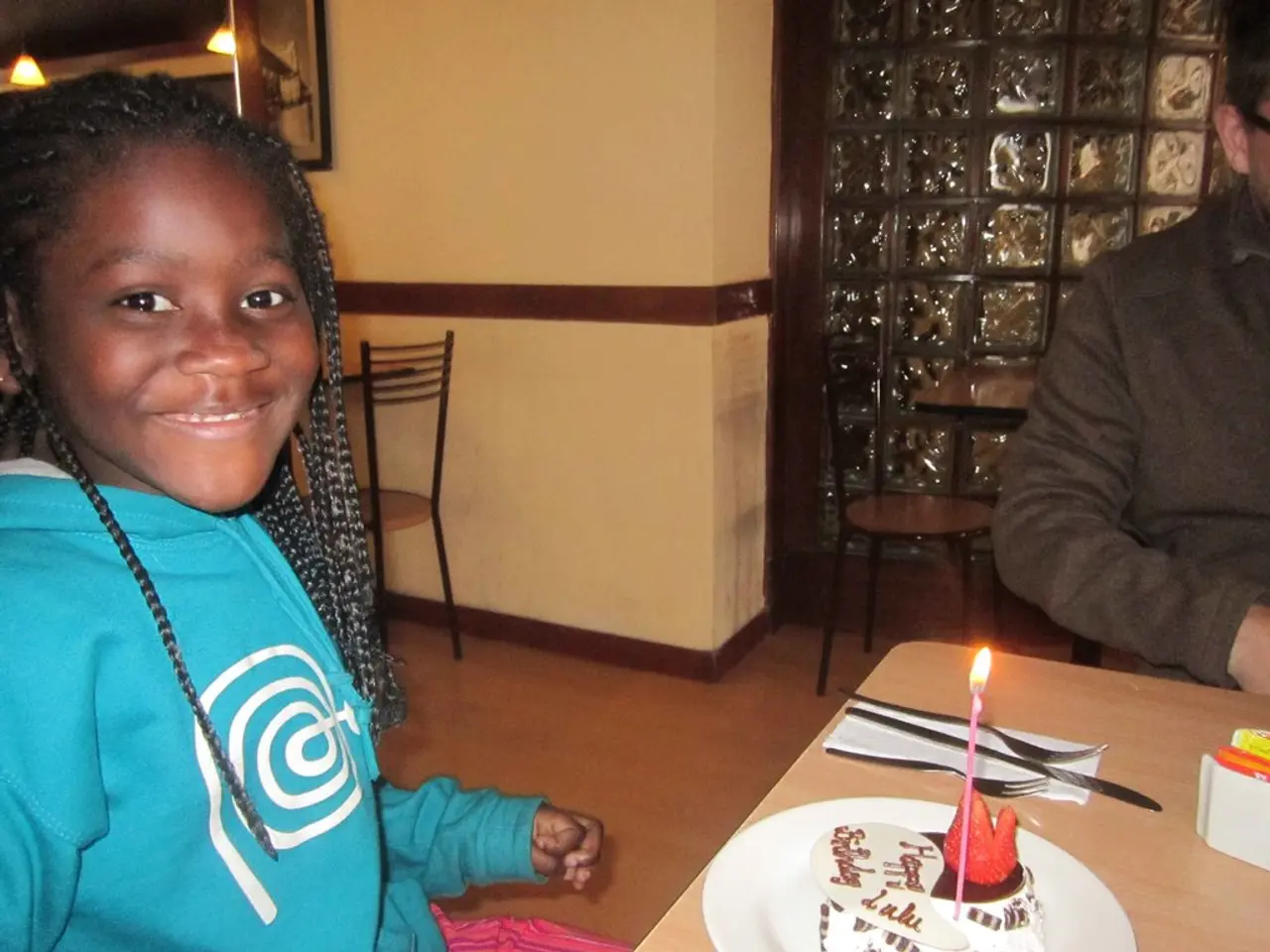Current status of loan forgiveness under income-driven repayment programs for students
In a recent development, the U.S. Department of Education has announced that loan forgiveness for borrowers in the Income-Based Repayment (IBR) plan is temporarily paused while they recalculate payment counts following legal challenges that affected related income-driven plans [1].
This means that borrowers in the IBR plan, who typically become eligible for loan cancellation after making at least 20 years of payments, will have to wait until the Department establishes the correct number of qualifying payments before forgiveness resumes [1]. However, it is important to note that the Department has not provided a specific timeline for when this will happen.
The legal action that called into question loan forgiveness for the SAVE, ICR, and PAYE plans did not affect the IBR plan as it was created under a different authority [4]. Yet, due to the court injunction related to these plans, forgiveness processes have been halted temporarily [1].
Borrowers should continue making payments during this pause. Any overpayments made after eligibility will be refunded once forgiveness resumes [1].
The IBR plan invokes a statute that authorizes student loan forgiveness of the balance at the end of a 20- or 25-year repayment term. This is different from the Repayment Assistance Plan (RAP), which is set to replace the ICR, PAYE, and SAVE plans by July 1, 2028, and will require 30 years of repayment before forgiveness is granted [2][3].
The IBR plan is designed to reduce monthly payments for borrowers with lower incomes. It is not affected by the changes made by the federal court's injunction on the SAVE plan or by President Trump's tax and spending bill [1][4].
Borrowers enrolled in IBR who have reached the threshold for forgiveness but are not seeing their loans discharged can expect refunds for excess payments made during the pause.
In summary, IBR loan forgiveness is paused temporarily but will resume once the Department of Education completes recalculations—no exact date for this resumption has been given yet [1][4]. Borrowers should keep making payments and monitor official updates for when forgiveness processes restart.
[1] Education Department. (n.d.). Income-Driven Repayment Plans on Pause. Retrieved from https://studentaid.gov/announcements-events/pausing-income-driven-repayment
[2] Congress.gov. (2017). H.R.1 - Tax Cuts and Jobs Act. Retrieved from https://www.congress.gov/bill/115th-congress/house-bill/1
[3] Education Department. (n.d.). Repayment Assistance Plan. Retrieved from https://studentaid.gov/manage-loans/repayment/plans/rap
[4] Education Department. (n.d.). Income-Driven Repayment Plans. Retrieved from https://studentaid.gov/manage-loans/repayment/plans/income-driven
- Despite the temporary pause on loan forgiveness in the Income-Based Repayment (IBR) plan, borrowers should continue making payments as any overpayments during this period will be refunded once the process resumes.
- The IBR plan, which reduces monthly payments for borrowers with lower incomes, is not affected by the legal challenges or changes made by the federal court's injunction or President Trump's tax and spending bill.
- Unlike the Repayment Assistance Plan (RAP), set to replace the ICR, PAYE, and SAVE plans by July 1, 2028, the IBR plan offers loan forgiveness after 20 or 25 years of repayment.
- The Department of Education has not provided a specific timeline for when the recalculation of payment counts in the IBR plan will be completed and loan forgiveness resumes.
- Borrowers who have reached the threshold for forgiveness in the IBR plan but are not seeing their loans discharged can expect refunds for excess payments made during the pause.




